Just one week after taking office, US President Donald Trump has threatened to impose tariffs on a host of countries, and experts warn that the policy could backfire.
Since taking office on January 20, US President Donald Trump has threatened to impose tariffs on a country almost every day. Similar to his first term, tariffs have now become an economic weapon to achieve foreign policy goals from trade to immigration, according to AFP.
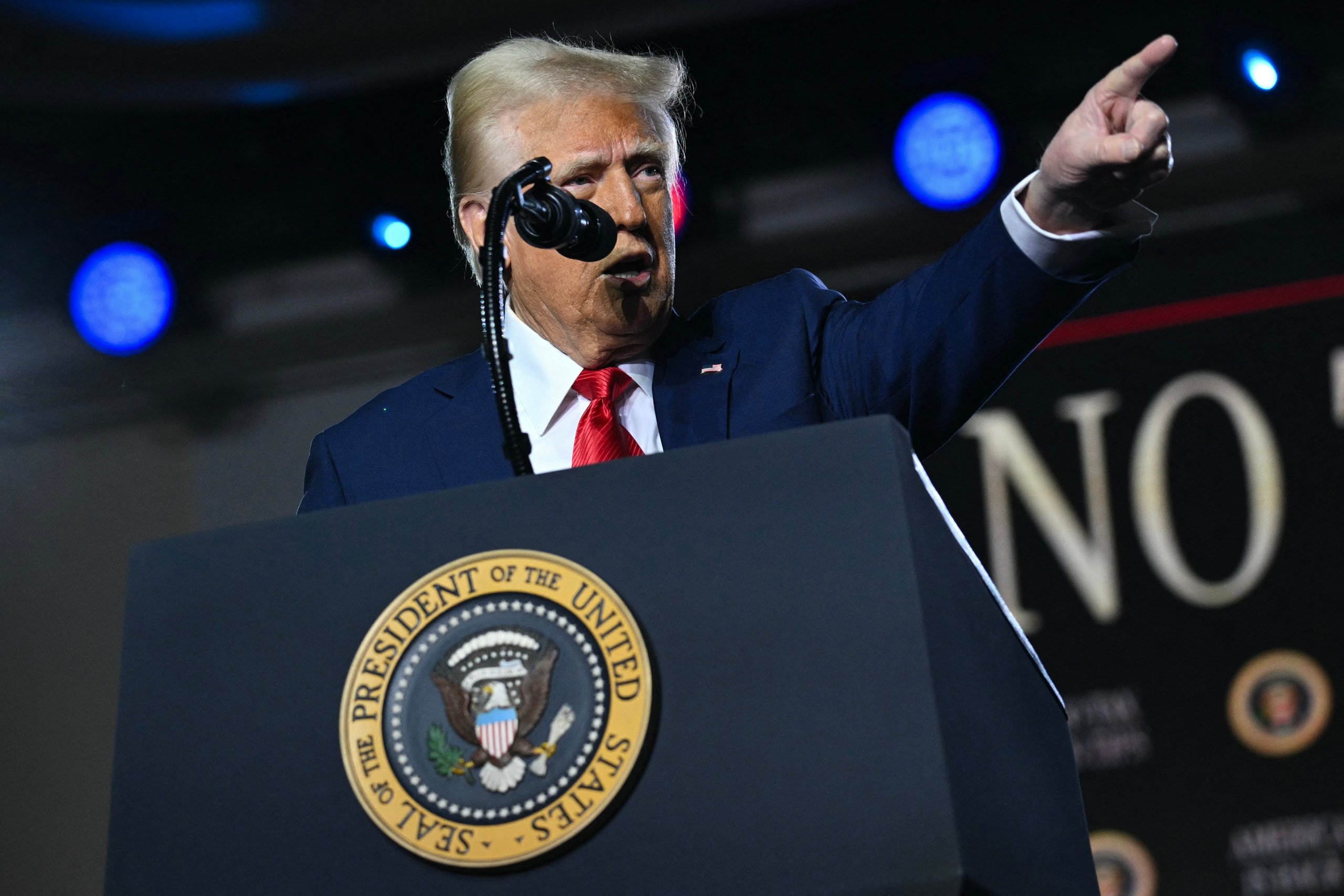
President Donald Trump speaks in Las Vegas on January 25.
Among the countries Mr Trump singled out were major allies and trading partners like Canada and Mexico, rivals like Russia and China, and smaller economies like Denmark and Colombia.
Most recently, on January 26, the US government announced new tariffs and sanctions against Colombia because the country did not accept deported citizens from the US. Colombian President Gustavo Petro later agreed to accept deported immigrants and the US withdrew the tariffs.
Trump's drastic policy
According to The Washington Post , many consecutive US presidents have increased the use of economic power in recent decades, but the second-term Trump administration has taken that approach to a new level with his willingness to target allies over routine policy disagreements or even territorial desires.
"This is an aggressive exercise of American economic power in a way we have not seen in a very long time, at least since the post-World War II era," commented John Creamer, a veteran diplomat who served as Deputy Assistant Secretary of State.
"It's not hard to see that Trump is redefining American foreign policy. In the past, American presidents have used trade tools when dealing with trade issues. But as the ultimate negotiator, I'm sure Trump has asked himself, 'Why don't we use all the tools to make sure we get our way?'" Juan Cruz, a former senior White House National Security Council aide, told The Washington Post .
According to observers, it is too early to say whether Mr. Trump's approach will be successful or not, but at least it shows that the leader does not hesitate to use this tool to achieve what he wants.
Eddy Acevedo, chief of staff and senior adviser at the Woodrow Wilson Center, a Washington, DC-based policy institute, said Colombian President Petro quickly realized that the United States had more bargaining leverage than Colombia and that his reckless decision could hurt his country. "Last year alone, Petro had no problem accepting 14,000 Colombians who were deported from the United States," Acevedo added.
Risk of counterproductive effects
Trump's advisers were delighted that Colombia had backed down, saying it was evidence that the US leader could continue that approach to achieve policy victories.
However, there are also opinions that such pressure may be counterproductive, exposing some contradictions in Mr. Trump's policy goals.
Canada, Mexico and China are the three largest trading partners of the US, exporting more than $2 trillion in goods and services to the US each year, accounting for about two-thirds of US imports. Imposing tariffs on these countries would increase prices, affecting domestic consumers as well as Mr. Trump's promise to control inflation.
In addition, senior Treasury officials have for years worried that overuse of economic sanctions could make them less effective by encouraging countries to build financial networks outside of U.S. control. Sanctions and tariffs would also embolden U.S. allies to deepen economic ties with competitors like China, making them less vulnerable to Washington’s financial retaliation.
"We'll see if this tactic works. Once you pull the trigger, you have to accept the consequences," said former Senate Foreign Relations Committee official Caleb McCarry.
Source: https://thanhnien.vn/vu-khi-thue-quan-cua-ong-trump-185250128132916795.htm


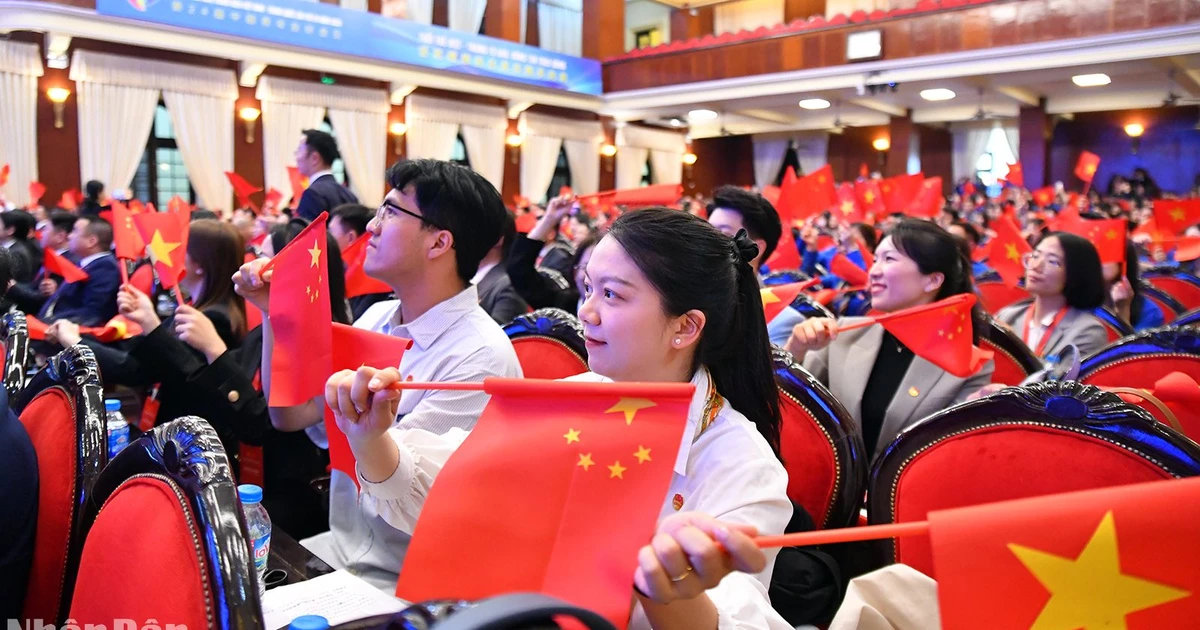
![[Photo] Prime Minister Pham Minh Chinh meets with General Secretary and President of China Xi Jinping](https://vstatic.vietnam.vn/vietnam/resource/IMAGE/2025/4/14/893f1141468a49e29fb42607a670b174)
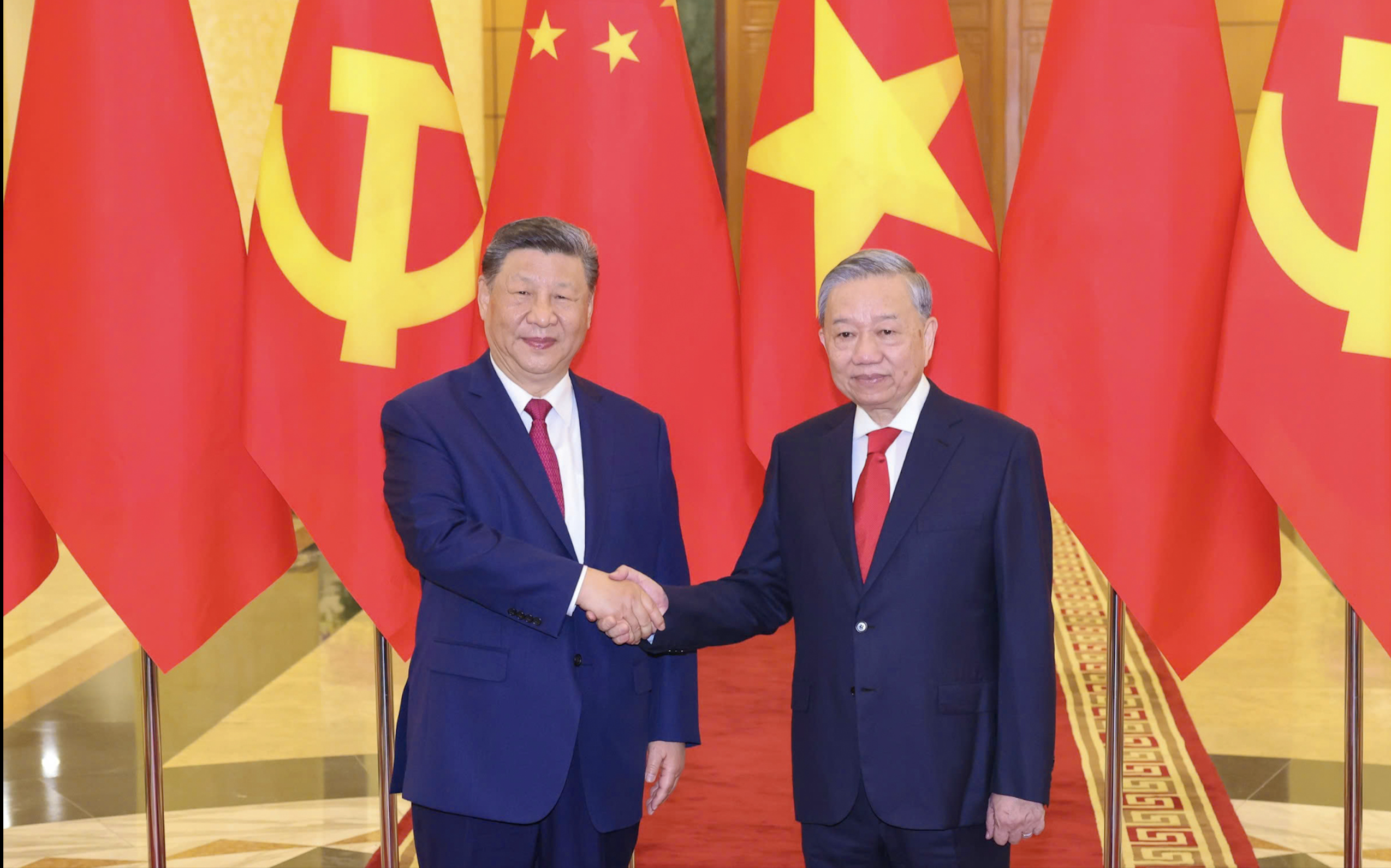
![[Photo] National Assembly Chairman Tran Thanh Man meets with General Secretary and President of China Xi Jinping](https://vstatic.vietnam.vn/vietnam/resource/IMAGE/2025/4/14/4e8fab54da744230b54598eff0070485)
![[Photo] General Secretary To Lam holds talks with General Secretary and President of China Xi Jinping](https://vstatic.vietnam.vn/vietnam/resource/IMAGE/2025/4/14/b3d07714dc6b4831833b48e0385d75c1)
![[Photo] Reception to welcome General Secretary and President of China Xi Jinping](https://vstatic.vietnam.vn/vietnam/resource/IMAGE/2025/4/14/9afa04a20e6441ca971f6f6b0c904ec2)


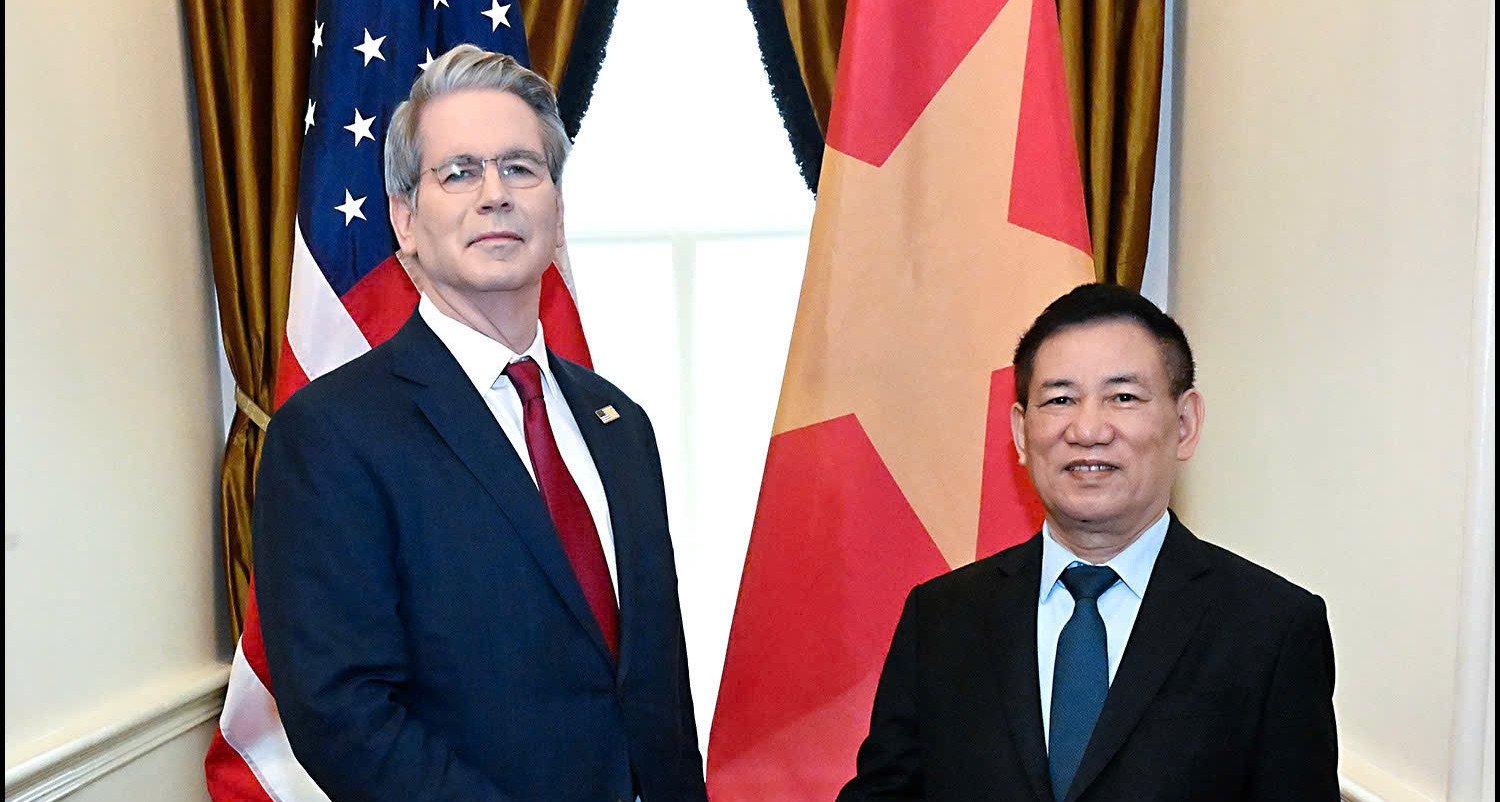





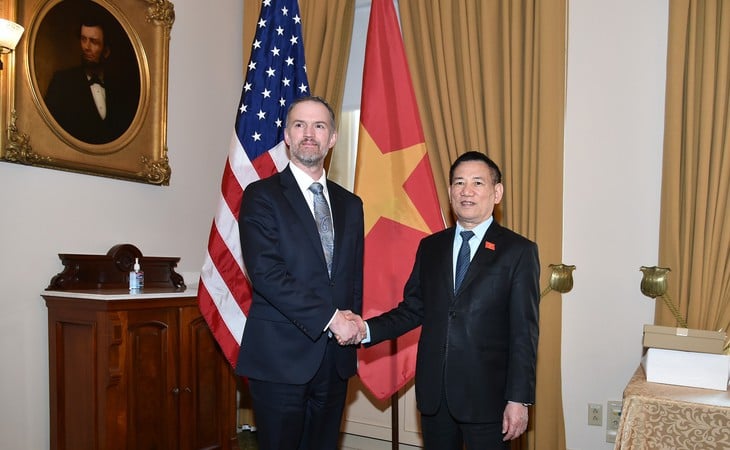
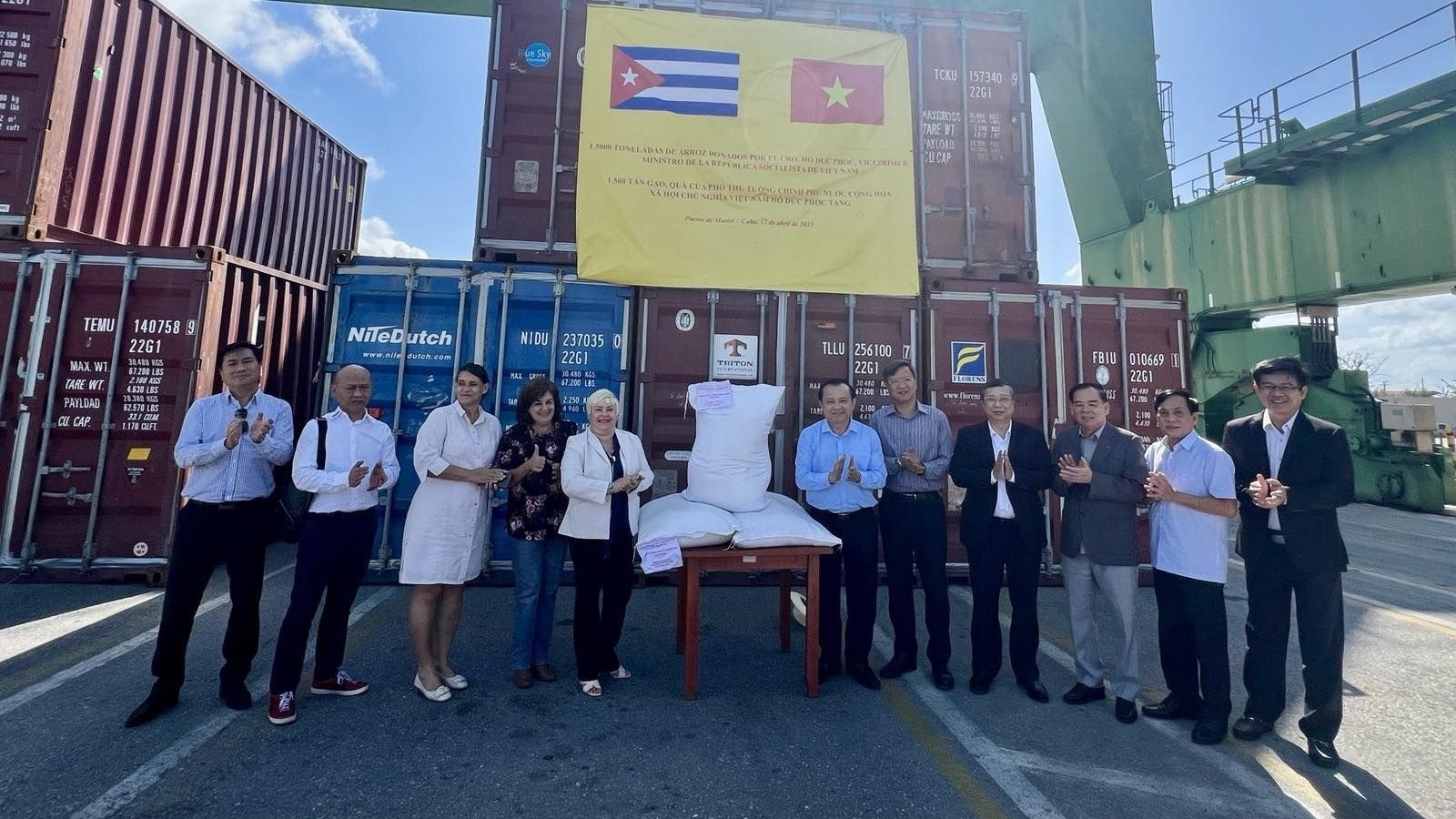

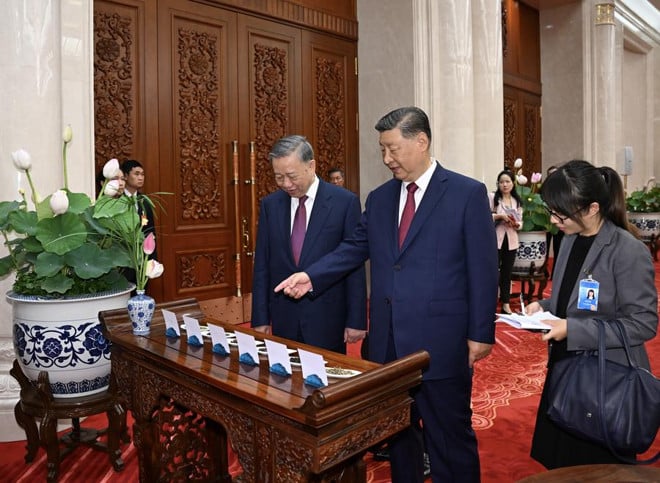

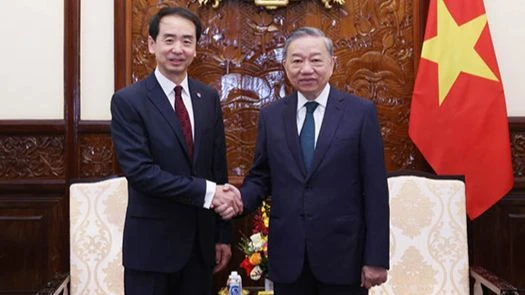
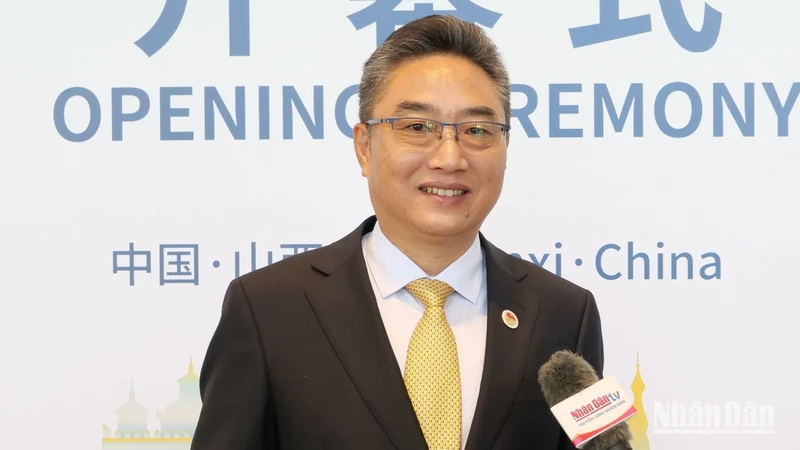








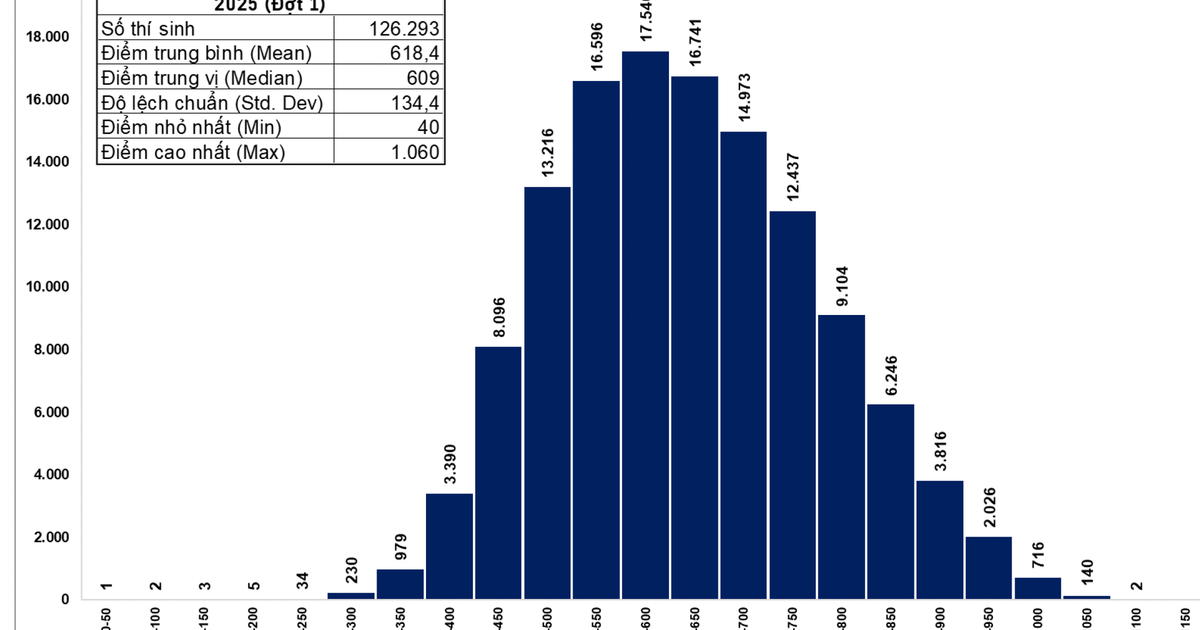
































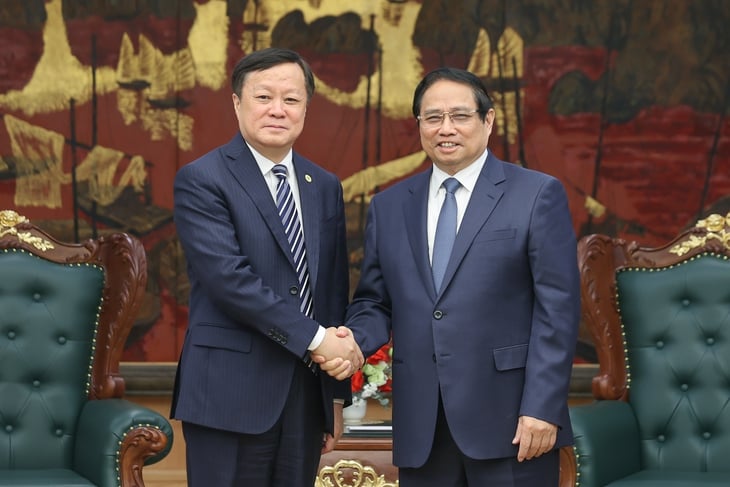
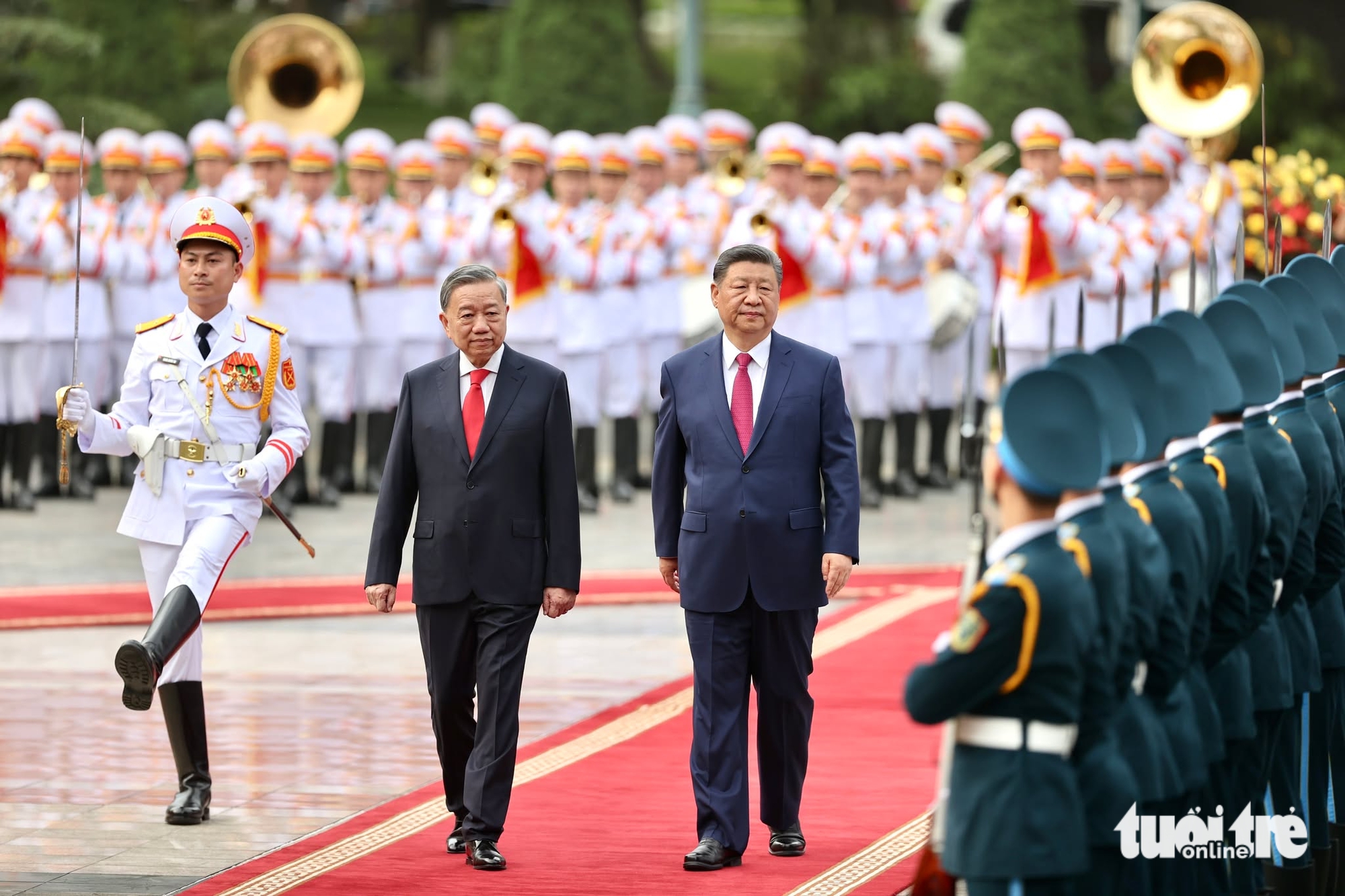

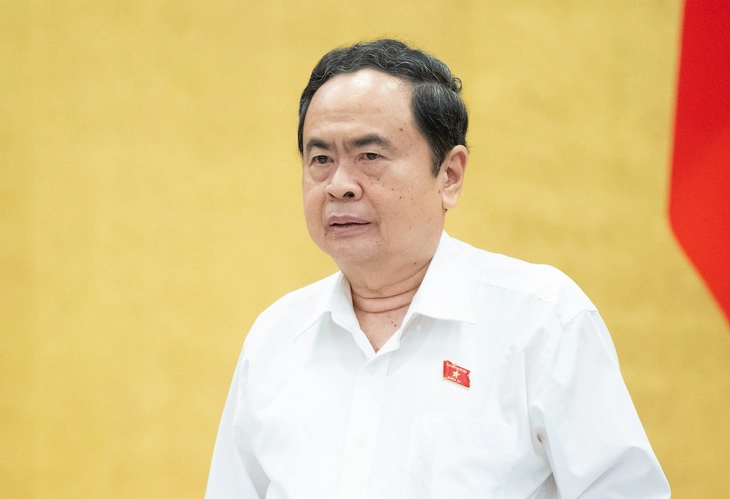






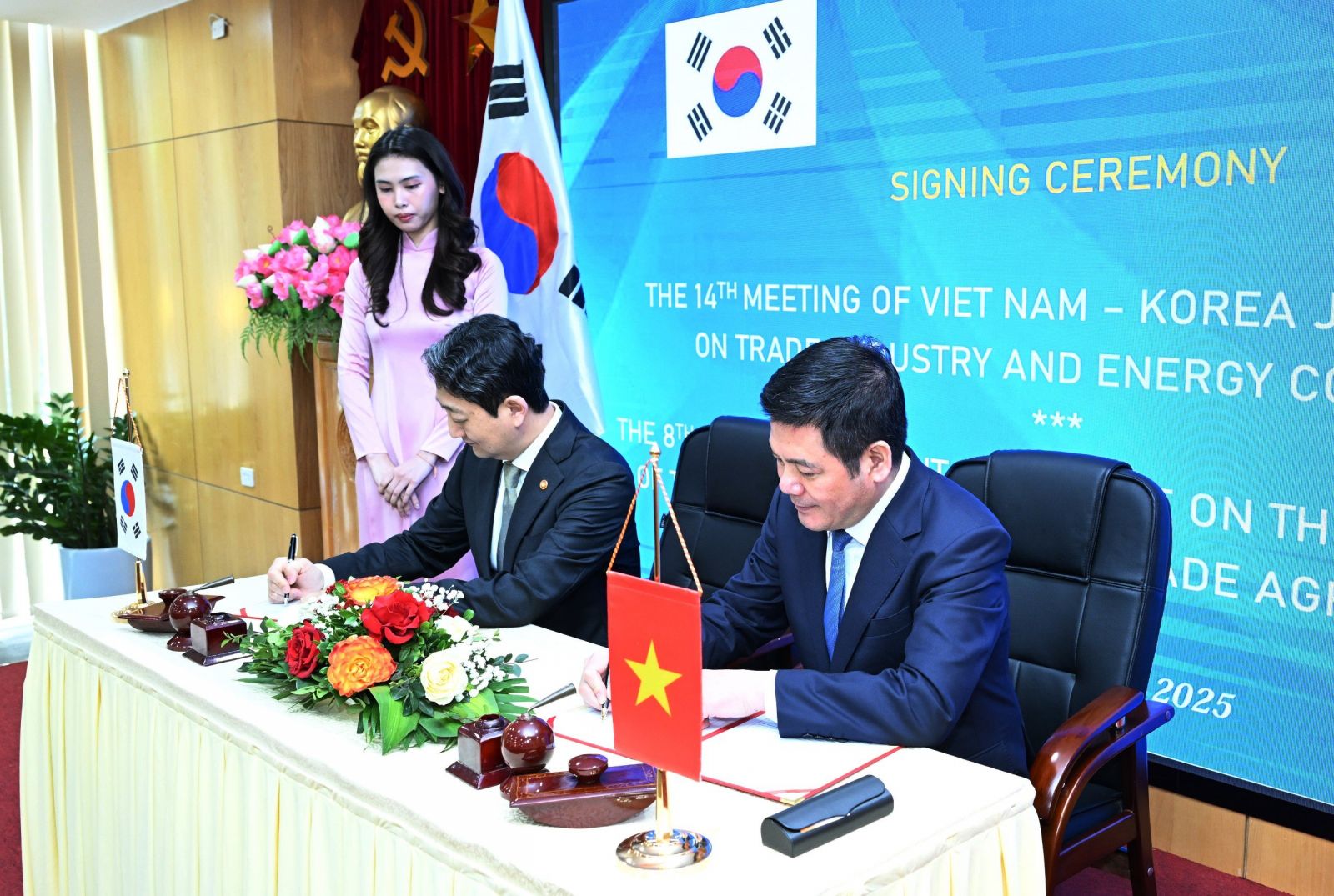

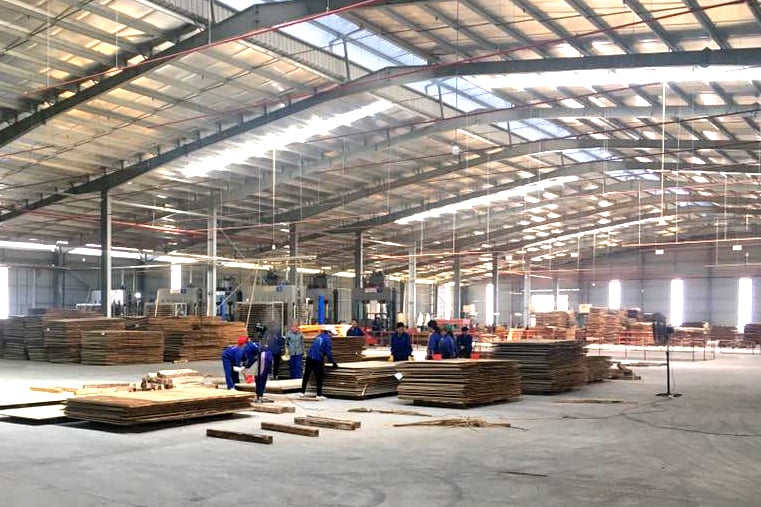

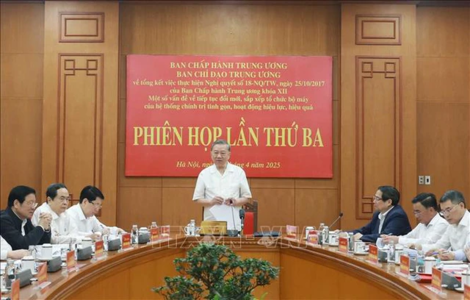
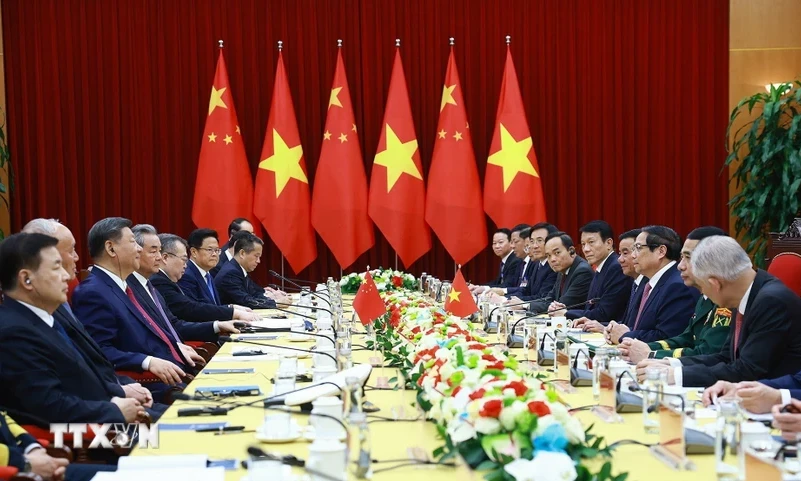
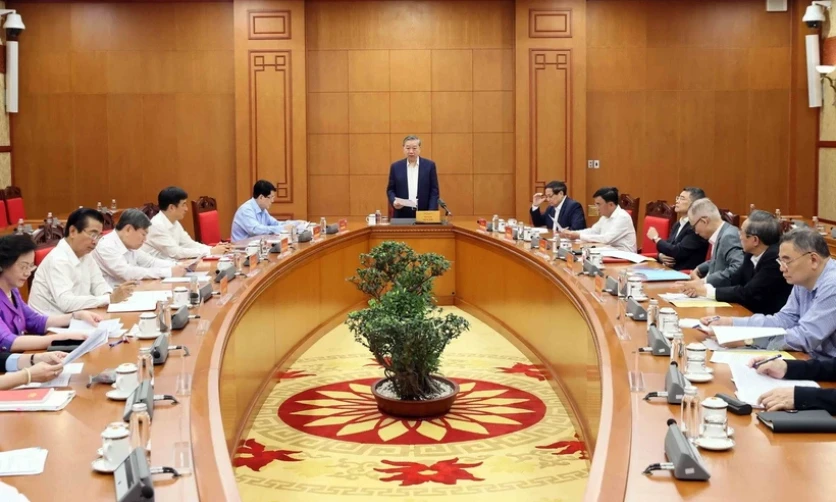











Comment (0)